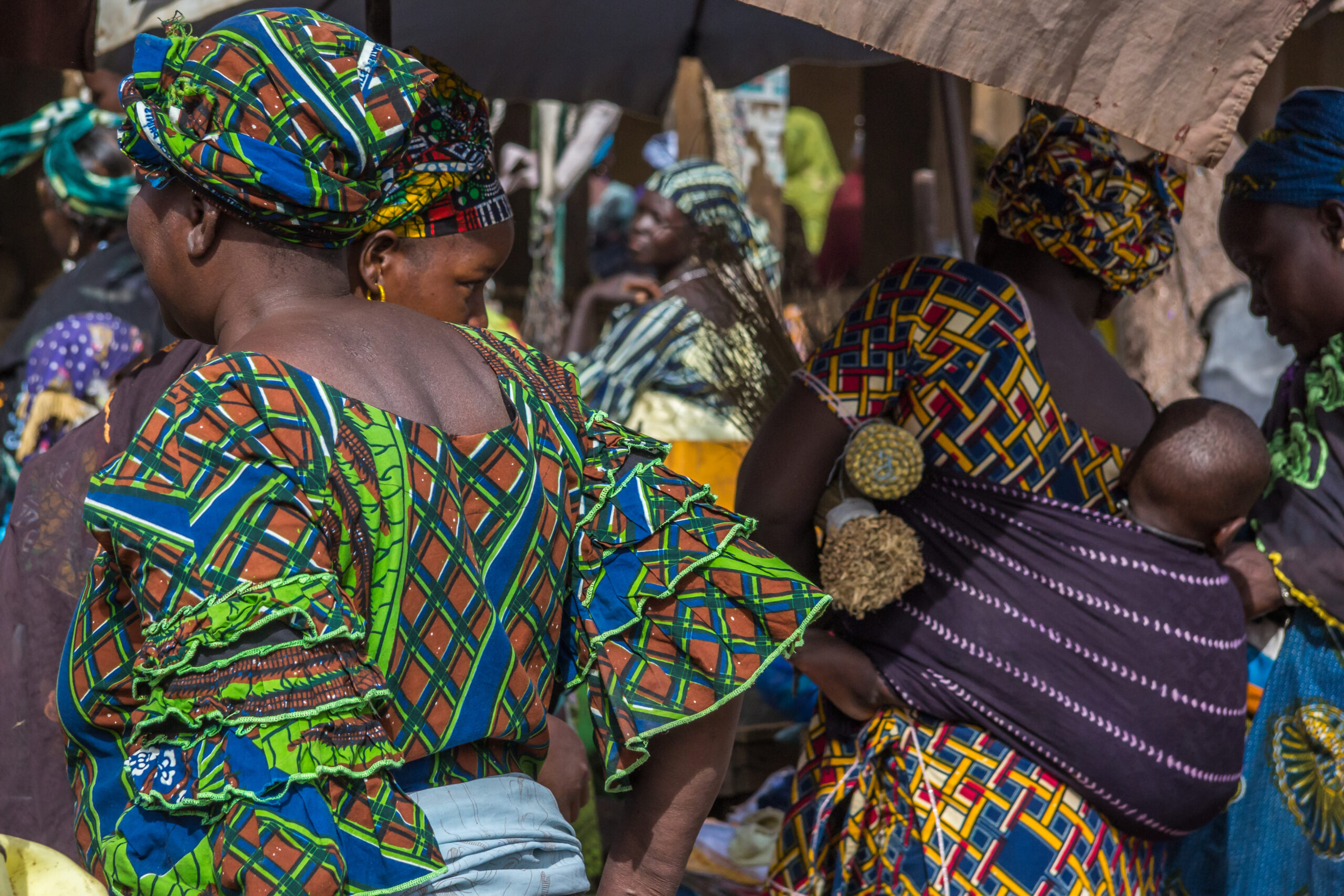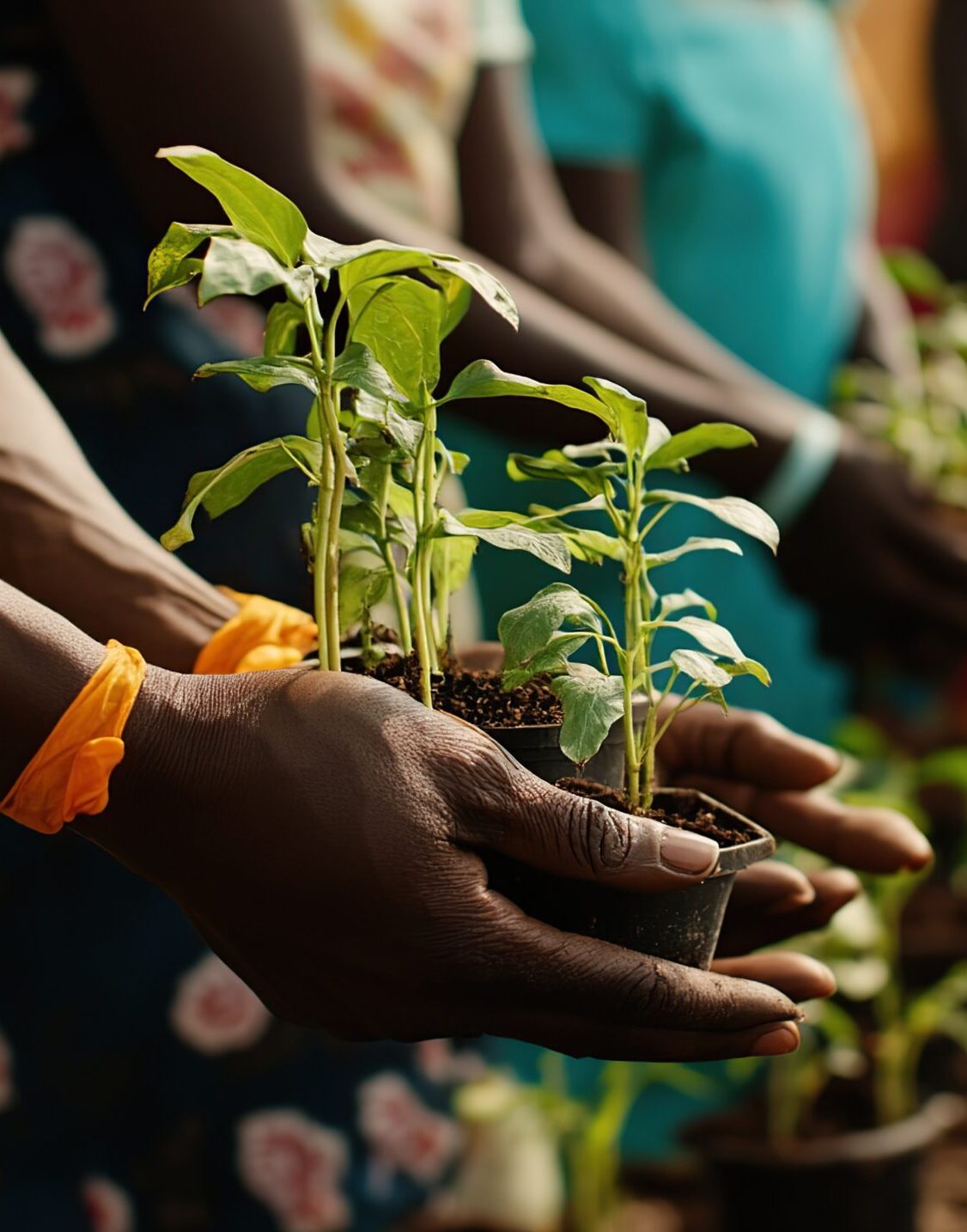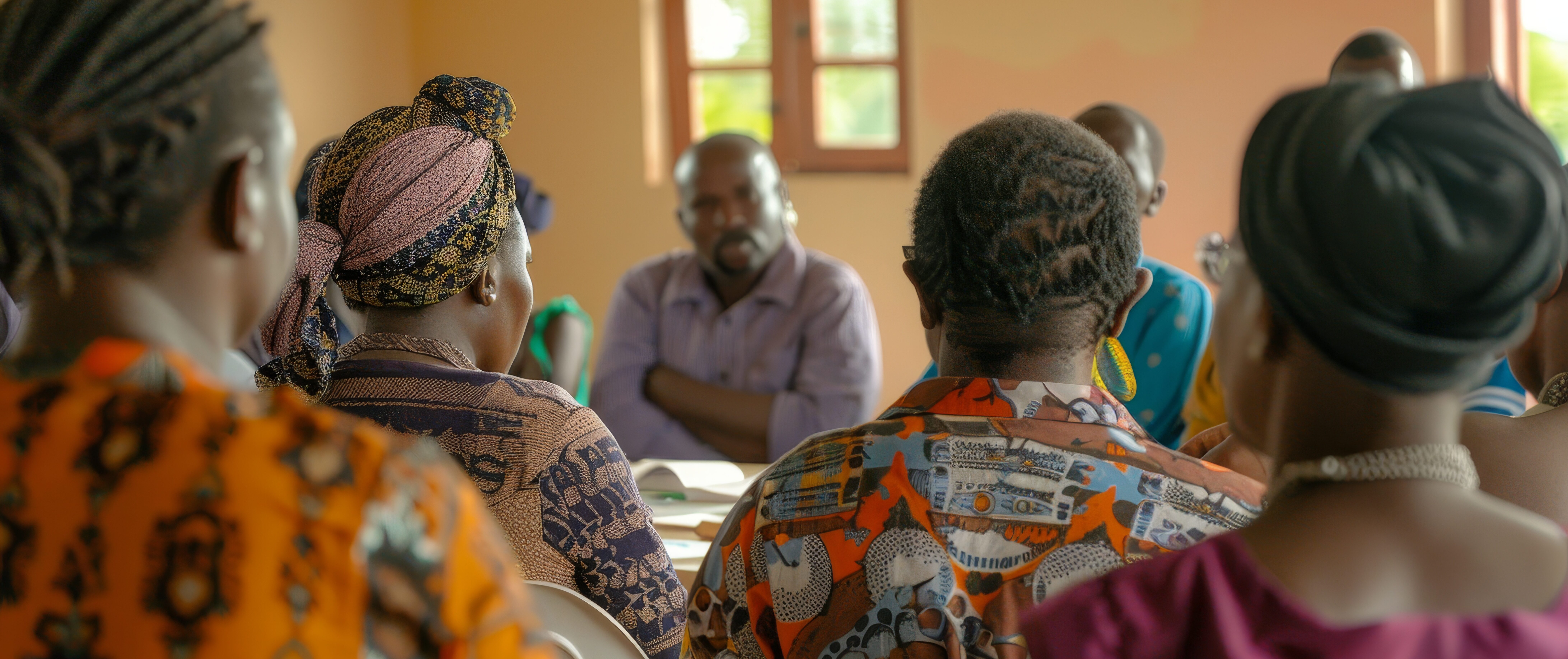Case Study
Delivering Social Protection and Peacebuilding in Central Mali
Building long-term resilience while addressing critical humanitarian needs is key to restoring stability.
Safeguarding and Social Protection

The Challenge
Central Mali—particularly the regions of Ségou and Mopti—has endured years of conflict, leaving communities grappling with instability, displacement, and deepening poverty. Inter- and intra-community tensions intensified, traditional conflict resolution mechanisms have weakened, and protection risks have surged—especially for children, women, and other vulnerable groups. In this fragile context, restoring stability requires addressing both urgent humanitarian needs and long-term resilience.Our Solution
Delivering Inclusive Social Protection to Strengthen Community Resilience to Conflict
Chemonics worked with local partners and government stakeholders to deliver inclusive, community-driven social protection services that promote peace and resilience. Our approach focuses on:
- Risk Identification and Mitigation: We conducted protection risk assessments to understand the specific vulnerabilities faced by different groups in each community where we worked. These assessments informed our safeguarding protocols, strategies to mitigate risk, and ensured support was tailored and responsive to the needs of children, women, and marginalized populations.
- Cash Transfer Programs: We implemented unconditional cash transfer programs that provided immediate relief to conflict-affected households. These transfers helped families meet basic needs, reduce economic pressures that can fuel conflict, and build long-term livelihood resilience. Rigorous beneficiary selection and monitoring systems helped build trust and mitigate risks for cash recipients.
- Collaborative and Community-led Partnerships: We engaged elders, local authorities, and community members through consultation workshops to co-design conflict prevention plans. Working with local land commissions and the Ministry of Agriculture, we ensured local ownership and cultural relevance. Women’s leadership was prioritized through gender quotas, peace ambassador roles, and shared decision-making in household and community processes


The Impact
Advancing Community Resilience and Protection in Central Mali
- Protection risk assessments guided targeted interventions that improved safety for vulnerable groups.
- Cash transfer programs provided short-term economic relief to households/families enabling investments in their futures.
- Community trust grew as residents saw tangible benefits and inclusive engagement.
- Women are increasingly recognized as agents of peace and resilience in their communities.
- By integrating safeguarding, social protection, and peacebuilding, we have helped communities in central Mali recover, rebuild, and thrive—together.
